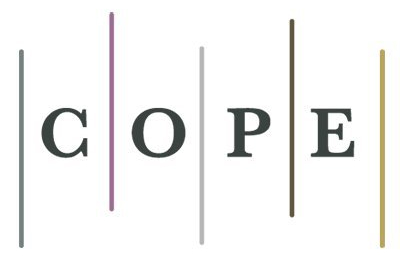Between the “Ethical-Political Affectivity” and the “Politics of Affections”: Intersubjectivity, Alterity and Group Psychoanalysis
Keywords:
ethical-political affectivity, communicative action, psychoanalysis, critical theoryAbstract
The objective of this article is to demonstrate that, in addition to understanding the conscious contents that motivate social actions, it is necessary to lead subjects and groups to be able to identify individual repressions and social repressions, in order to know their unconscious dispositions. It is pointed out that both consciousness and unconsciousness mobilize affections and can become “ethical-political affectivity”, with the help of individual and group psychoanalysis, challenging us to overcome the “politics of affections”. The aim is to understand the possibility of transposing the work carried out by psychoanalysis to social groups, as a way of overcoming discursive asymmetries and provoking individual and collective self-reflection, improving communicative action, since it is the intersubjective processes and the conditions of otherness that generate ethical-ethical affectivity. policy, with repercussions on the formation of political and collective subjects. For this, the first section deals with the concept of ethical-political affectivity, based on the elaborations of Brandão (2012). Next, the theory of communicative action in Habermas (2012) is discussed, highlighting the symmetries between the concept of ethical-political affectivity and the concept of communicative action. In the third section, it is discussed how the conscious and the unconscious challenge the previously discussed concepts, pointing to group psychoanalysis as the key to individual and collective self-reflection.
Downloads
Downloads
Published
How to Cite
Issue
Section
License
This work is licensed under a Creative Commons Attribution 4.0 License.
The O&S adopts a Creative Commons Attributions License 4.0 in all published works, except where specifically indicated by copyright holders.





